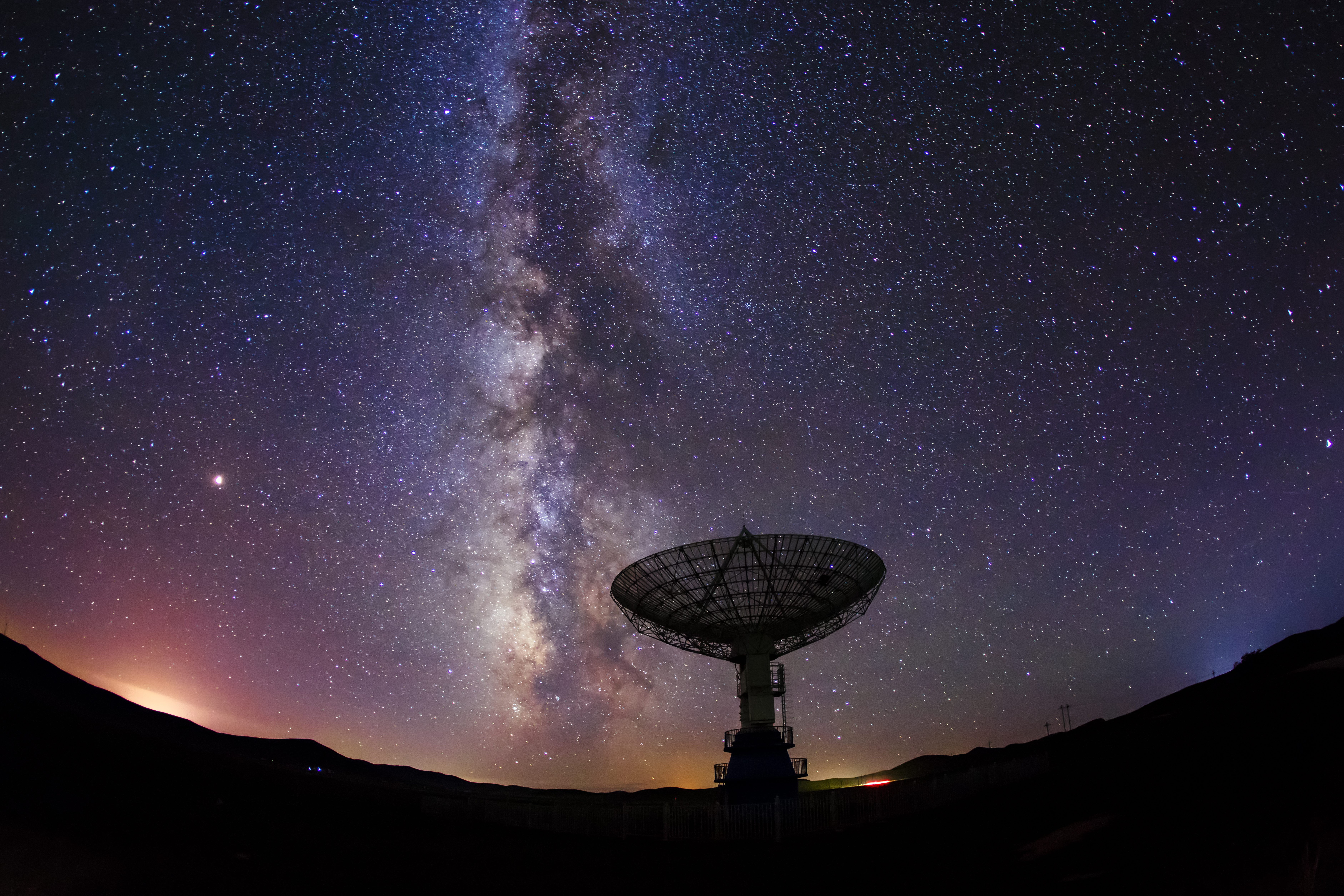It’s estimated that almost 80 percent of the people who live in North America have never seen the Milky Way. That might sound like a strange report, especially since we live in the Milky Way, but there are actually times when you can look up and see the Milky Way in the night sky.
However, with light pollution becoming worse, especially as we send more and more satellites into orbit around our little Pale Blue Dot, seeing some of the more impressive sights of the universe from your backyard without the help of technology is going to become increasingly difficult.
Thankfully, this summer will bring more than just continuing heatwaves. It’ll also bring a slew of chances for folks to head outside, look up, and see the Milky Way with nothing but the power of their eyes.
Of course, you’ll still mostly likely need to travel to do so, as you’ll need a darker-sky location and to avoid days with strong moonlight. But, there are a few days that will offer more suitable moonlight for seeing the Milky Way in all its glory.

According to reports from Capture The Atlas, skywatchers have a good chance to see the Milky Way from the Northern Hemisphere anytime from March to September, and those in the Southern Hemisphere can expect another month expanded on those viewing times–on both sides of the timeline.
It ultimately depends on your latitude on Earth. But, generally, the Milky Way will be visible in the early morning from March to June. Those months are past us now, which means you’ll want to look for it after sunset from July to September.
There’s still a chance that you’ll see the Milky Way even if the moon is brighter. But, if you want to maximize the chances of seeing our galaxy in all its splendor, then head outside on these dates for the best chance:
- June 28 – July 8
- July 28 – August 7
- August 26 – September 6
- September 24 – October 5
Just remember that total darkness is your best chance of seeing the Milky Way, so grab yourself a bottle of water, hop in your car, and drive to the nearest dark-sky location before the sun sets.








